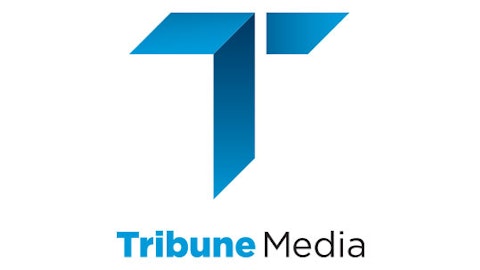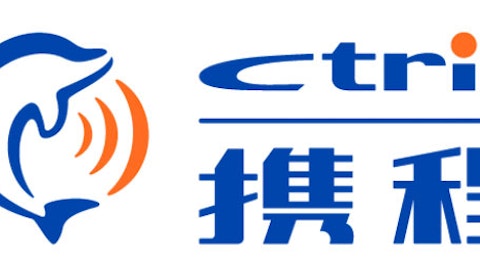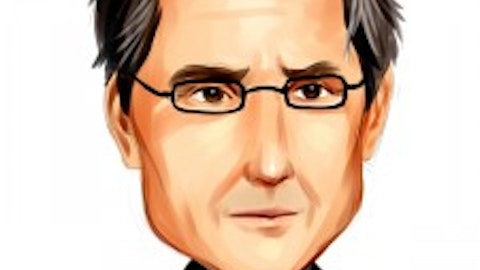It is widely known that the trading activity of corporate insiders may provide useful insights about a company’s future prospects. Similarly, various studies have also suggested that insiders tend to act in the fashion of value-oriented investors. It is also true that insider buying activity might be more valuable than insider selling activity on some occasions, as the latter one may occur for numerous reasons unrelated to a company’s outlook. Even so, insiders’ sell-offs may sometimes point to a struggling future at their companies, so this type of activity may be sometimes worthwhile to the same extend as insider buying. In the following article we will investigate the insider selling activity at these three companies: Spirit AeroSystems Holdings Inc. (NYSE:SPR), Healthequity Inc. (NASDAQ:HQY), and Ashland Inc. (NYSE:ASH). Let us also remind you that the Insider Monkey team ignores the insider sales handled by trading plans, which emphasizes the significance of the impromptu trades conducted by corporate insiders.

Most investors can’t outperform the stock market by individually picking stocks because stock returns aren’t evenly distributed. A randomly picked stock has only a 35% to 45% chance (depending on the investment horizon) to outperform the market. There are a few exceptions, one of which is when it comes to purchases made by corporate insiders. Academic research has shown that certain insider purchases historically outperformed the market by an average of seven percentage points per year. This effect is more pronounced in small-cap stocks. Another exception is the small-cap stock picks of hedge funds. Our research has shown that the 15 most popular small-cap stocks among hedge funds outperformed the market by nearly a percentage point per month between 1999 and 2012. We have been forward testing the performance of these stock picks since the end of August 2012 and they have returned more than 118% over the ensuing 36 months, outperforming the S&P 500 Index by nearly 61 percentage points (read the details here). The trick is focusing only on the best small-cap stock picks of funds, not their large-cap stock picks which are extensively covered by analysts and followed by almost everybody.
Moving back to our three theoretically “gloomy-outlook” stocks, Spirit AeroSystems Holdings Inc. (NYSE:SPR) had one of its executives sell stock earlier this week. Samantha J. Marnick, Chief Administrative Officer and Senior Vice President, sold 8,000 shares at a weighted average price of $49.54, reducing her holding to 62,544 shares. Spirt operates as a non-original equipment manufacturer that designs, engineers, and manufacturers commercial aircraft structures, and worked on all Boeing Co (NYSE:BA)’s programs. Boeing had delivered 503 commercial aircrafts by the end of the previous month and is on the track of beating previous year’s record delivery of 723 commercial aircrafts. Hence, it is hardly unlikely that Spirit AeroSystems will face major challenges in the months ahead. The company’s stock performance has been quite strong this year as well, with its shares advancing 15% year-to-date. However, Matt Sirovich and Jeremy Mindich’s Scopia Capital, the largest shareholder of Spirit AeroSystems Holdings Inc. (NYSE:SPR) within our database, revealed trimming its stake to 14.72 million shares a little over a month ago.
Follow Spirit Aerosystems Holdings Inc. (NYSE:SPR)
Follow Spirit Aerosystems Holdings Inc. (NYSE:SPR)
Receive real-time insider trading and news alerts
Let’s now examine the insider selling activity at Healthequity Inc. (NASDAQ:HQY), a provider of solutions for managing healthcare accounts and other related activities. Director Frank T. Medici sold-off his entire stake of 12,500 shares at a weighted average price of $29.56. Nonetheless, he still holds indirect ownership of 14,269 shares via Berkley Capital Investors LP. The insider trading activity at the company was quite prominent last week as well, as directors Michael O. Leavitt and Ian Sacks reduced their holdings significantly. The stock has greatly outperformed the broader market this year, with its shares gaining more than 17% since the start of 2015. Healthequity’s stong financial figures embedded in its fiscal 2016 second quarter report have surely lured some investors to pour capital into the stock. The company’s revenue increased 46% year-over-year to $30.5 million, while its net income grew by the same 46% to $4.4 million. Jim Simons’ Renaissance Technologies disclosed a stake of 180,700 shares in Healthequity Inc. (NASDAQ:HQY) via its latest 13F filing.
Follow Healthequity Inc. (NASDAQ:HQY)
Follow Healthequity Inc. (NASDAQ:HQY)
Receive real-time insider trading and news alerts
Finally, we will look into the trading activity at Ashland Inc. (NYSE:ASH). Theodore L. Harrys, who acted as Senior Vice President from July, 2011 until April, 2015, unloaded 11,277 shares at prices between $108.73 and $108.77, reducing his stake to 13,098 shares. Even though Theodore Harrys is a former executive of Ashland, he still might be looking for the right time to sell his remaining stake. The stock has been on an uptrend since late-August, but it is hard to predict where it will be heading from here. Just recently, the management of Ashland revealed its plans to separate its business into two entities, which are considered as a value-creating move by Credit Suisse analysts. Credit Suisse also outlined that the potential sum-of-parts valuation of the entire company is estimated at $153 per share over the next 12 to 18 months, which represents an upside potential of more than 40%. Leon Cooperman’s Omega Advisors represents the largest equity holder of Ashland Inc. (NYSE:ASH) within our database, holding 1.08 million shares as of June 30.
Follow Ashland Llc (NYSE:ASH)
Follow Ashland Llc (NYSE:ASH)
Receive real-time insider trading and news alerts
Disclosure: None





